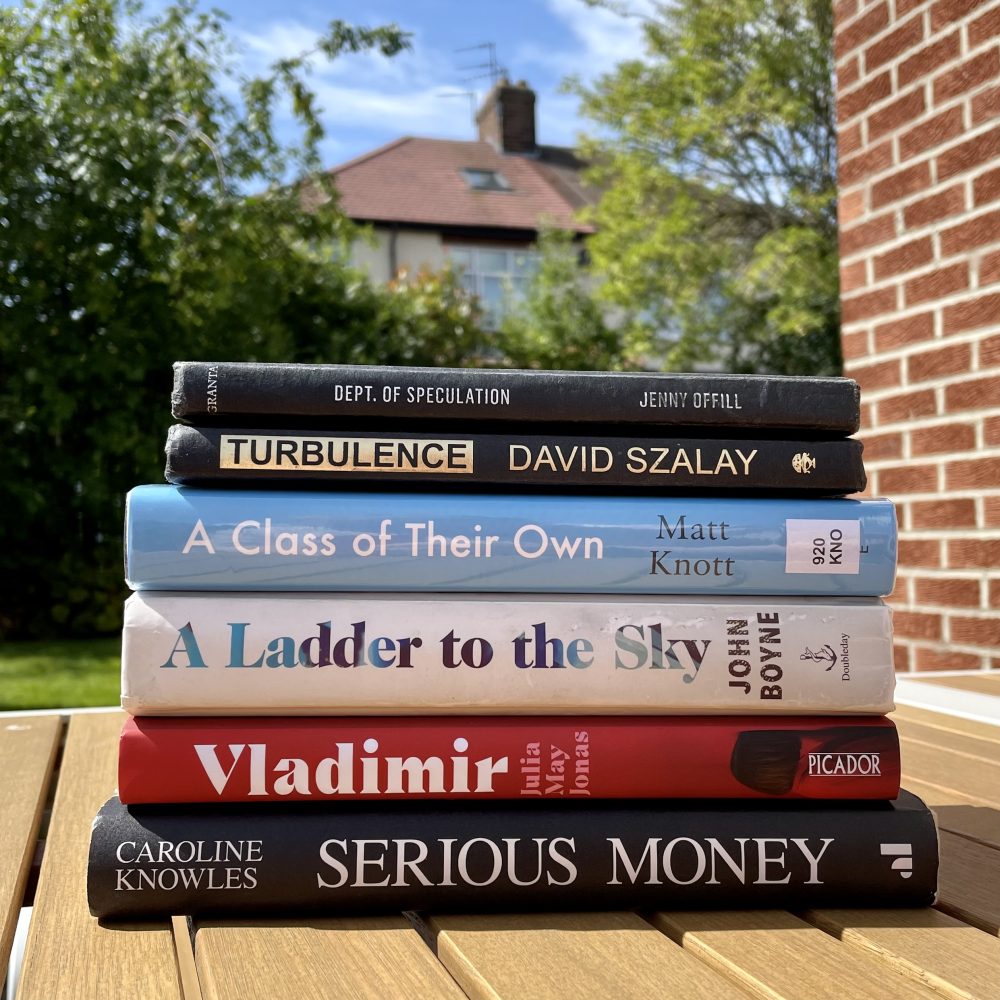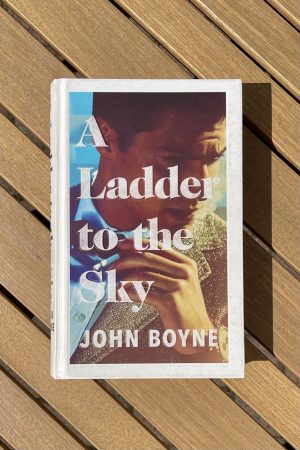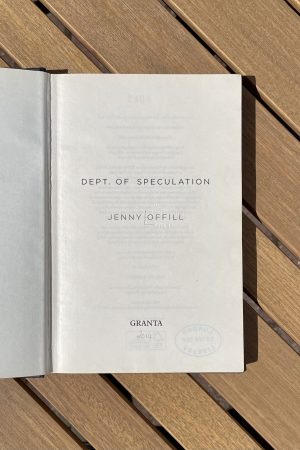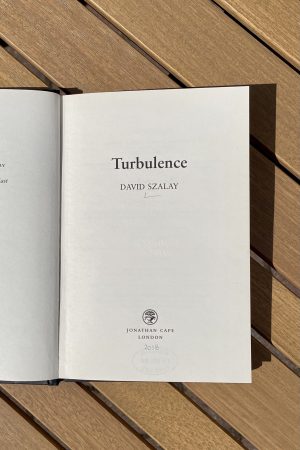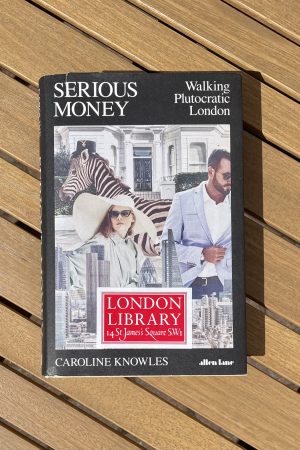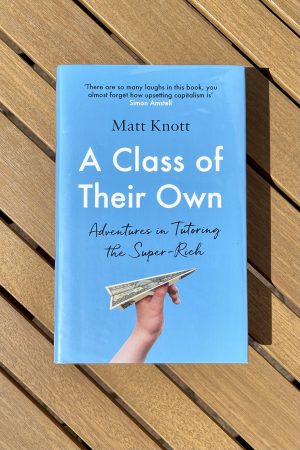What I’ve been reading this month
I’ve eight books to tell you about this month.
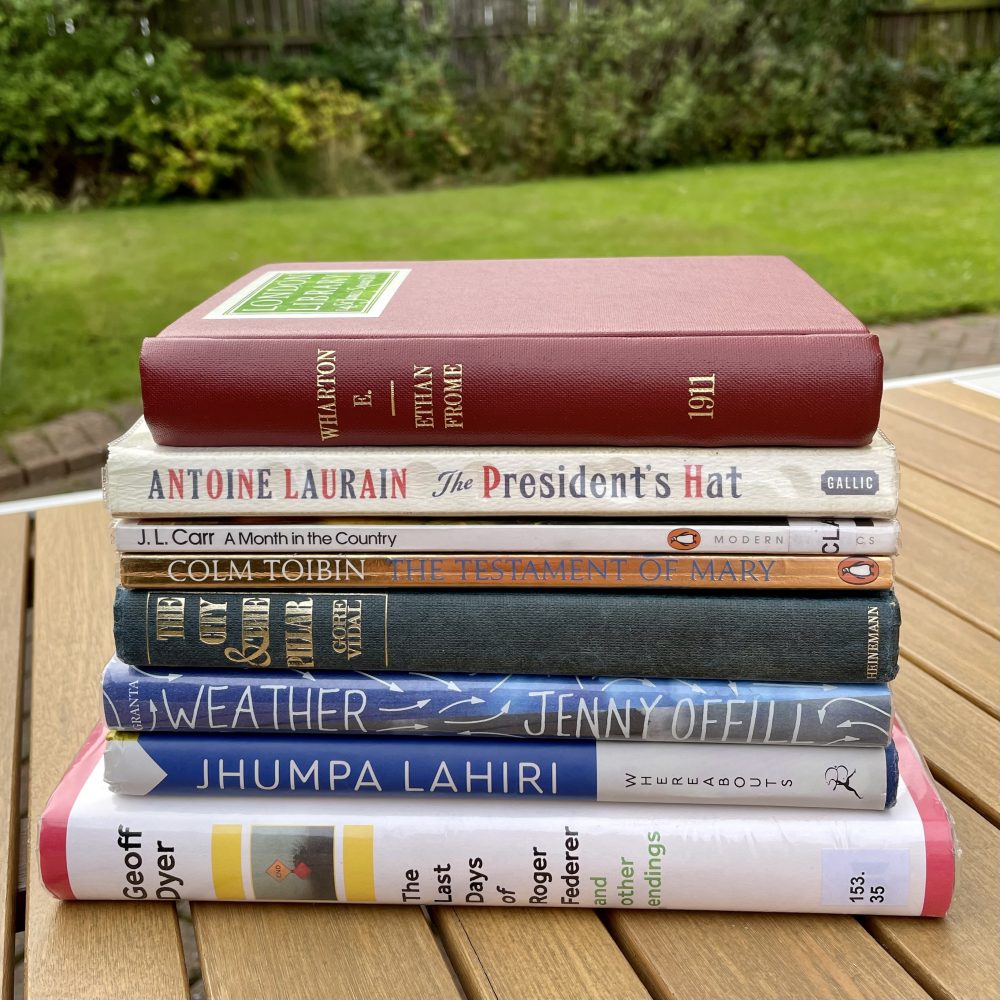
The President’s Hat by Antoine Laurain
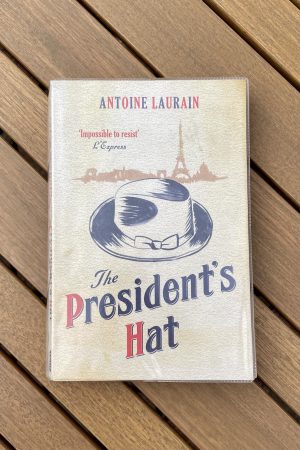
I decided to read this 2013 French novel after hearing political journalist Charlotte Ivers, on her fourth or fifth read, describe it as “the most charming book”. It’s translated into English by Jane Aitken, Emily Boyce and Louise Rogers Lalaurie.
I can’t disagree with Charlotte: this is an utterly charming book which is just brimming with a pleasant, gentle optimism. Set in the 1980s, the plot begins with a man finding François Mitterrand’s hat. It seems to bring him a small amount of good fortune. After he misplaces the hat, it ends up in the hands of another Parisian character, and so the book continues with four small vignettes of ordinary Parisian lives enhanced by temporary possession of a hat.
It sounds irritatingly twee, but Laurain manages to spin a comforting and engaging tale of it, and I thoroughly enjoyed it.
Some translation decisions were unusual: for examplesommelier, a term frequently used in England, is routinely translated as ‘wine waiter’ yet motoscafo, an unfamiliar term, was left in French. But these are minor niggles, and this book is well worth 200 pages of your attention.
With thanks to Newcastle Libraries for lending me a copy.
A Month in the Country by JL Carr
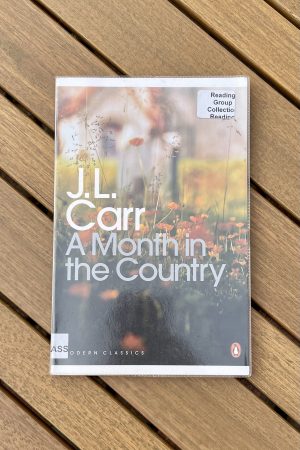
This novel, first published in 1980, has been much-recommended as a book which is perfect summer reading. It is a rather gentle tale set in Yorkshire in the summer of 1920. Thomas Birkin, the central character, is an ex-serviceman who accepts a job in Oxgodby, Yorkshire, to get out of London for something approximating a period of convalescence. His task is to uncover a Medieval painting which has been whitewashed in the local church.
Birkin becomes drawn into village life, becoming especially close to another ex-serviceman who is digging for a lost grave, a young girl from the village, and the parson’s wife. He develops especially strong feelings for the latter.
There is a lot of gentle hinting in the book at religious themes of damnation, redemption, and forgiveness. It’s a short book, under 100 pages, but is rich in atmosphere and description while maintaining an underlying gentleness. I thoroughly enjoyed it.
With thanks to Newcastle Libraries for lending me a copy.
The Last Days of Roger Federer by Geoff Dyer
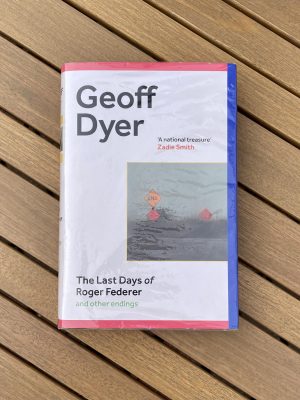
I’ve previously read and enjoyed Dyer’s Yoga for People Who Can’t Be Bothered To Do It and so was tempted by this new book when I noticed that the library had acquired a copy. Much like the earlier book, it’s an extended and somewhat rambling essay recounting the author’s personal experiences and a wide range of cultural touchstones. This volume concentrates on ‘endings’ and draws on a lot of literature, jazz, art, classical music and other references.
Many of the references are beyond me, but Dyer’s engaging and funny style of writing and the pace of the ’conversation’ keeps things moving on. And there are occasional passages which speak directly to me, or make me see things from a wholly new perspective.
In all, a bit like the earlier book, I’m not really sure why I liked this, especially given that so many of the references were unfamiliar… but I very much did.
With thanks to Newcastle Libraries for lending me a copy.
The City and the Pillar by Gore Vidal
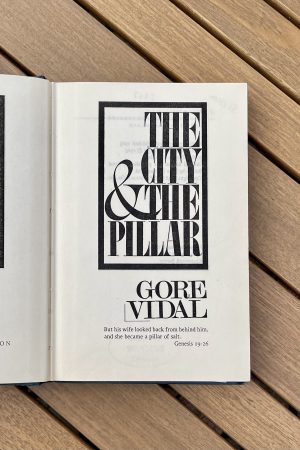
I had two reasons for picking this up. Firstly, there has been a lot of recent discussion of the Elkhart of Vidal as the tenth anniversary of his death has just passed, and I thought it would be good to read some of his work. Secondly, I recently read A Ladder to the Sky which features Vidal as a character and includes a few mentions of this specific book, with which it turns out to share some minor themes.
The City and the Pillar caused considerable controversy on its 1948 publication for its portrayal of an ordinary, somewhat sympathetic gay man who served in the military. Clearly, this is much less shocking to modern sensibilities, but the story still holds up as a tale of longing, and as a criticism of prejudice. The writing is in that plain, precise style of the great American writers, which I enjoyed.
I’m glad I read this because it gave me a bit of historical perspective. However, I wouldn’t rush to re-read it; I wasn’t really moved by it, and I’m not really sure that I’ll remember the finer details of the plot six months hence.
With thanks to The London Library for lending me a copy.
Whereabouts by Jhumpa Lahiri
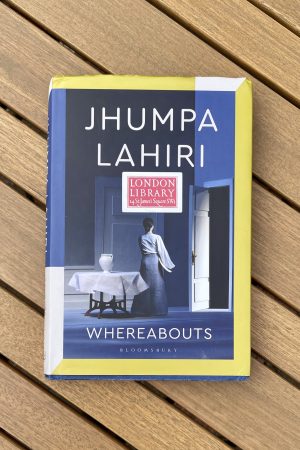
I picked up this novel having previously enjoyed Lahiri’s Interpreter of Maladies.
Lahiri’s previous novels were written in English, while she was living in the USA. She has since relocated to Rome, and wrote and published Whereabouts in Italian in 2018, as Dove Me Trovo. It was translated by the author and re-published in English in 2021.
Whereabouts is a subtle novel. It takes the form of short essays or reflections on the life and inner thoughts of a single woman in her 40s, living alone and working as an academic. It explores the fascinating intersection between solitude and loneliness. This relationship is something which has played on my mind in recent years in connection with older people, but I hadn’t really considered it in younger people who live alone. There isn’t much plot to speak of, but then it’s not that sort of novel.
While I didn’t feel I took quite as much from this book as I did from Interpreter of Maladies, I will certainly be seeking more of Lahiri’s books.
With thanks to The London Library for lending me a copy.
Weather by Jenny Offill
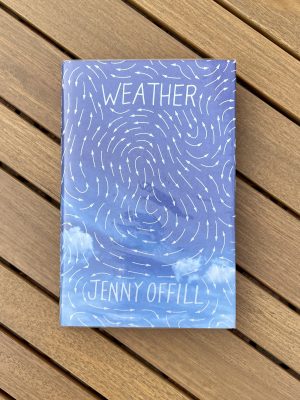
I picked this up because I recently enjoyed Offill’s previous novel, Dept. of Speculation. Weather was published in 2020, and shares the same fragmentary structure of short paragraphs sharing the protagonist’s tangentially connected thoughts and observations. The later novel is even lighter on plot than the earlier one.
Weather contains plenty of thoughts about the turbulent times in which we live: about populism and climate change and ‘the end times’. But it is also about marriage, family, parenthood and addiction, all of which loom large in the university librarian narrator’s life.
I felt like I got a little less from this book than from the earlier novel, but perhaps that is in part because the structure wasn’t so arrestingly novel. The references to the difficult times in which we are living also served to make it a little less escapist. But I’m still glad I read it.
With thanks to Newcastle Libraries for lending me a copy.
Ethan Frome by Edith Wharton
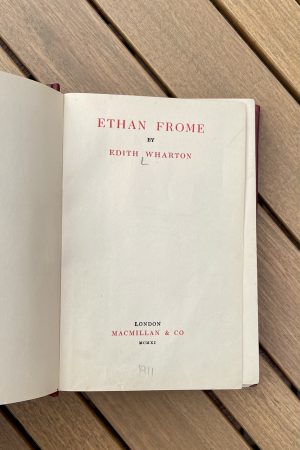
Two of my friends on Goodreads gave this short 1911 novel good reviews, which led me to seek a copy. It’s a thoroughly bleak tale of the despair of forbidden love, and of being trapped by circumstance and duty.
In all, this was thoroughly depressing. I appreciate Wharton’s brilliance in creating a complete world which evokes strong emotions in so few pages… but this isn’t the sort of thing I could stand to read regularly!
With thanks to The London Library for lending me a copy.
The Testament of Mary by Colm Tóibín
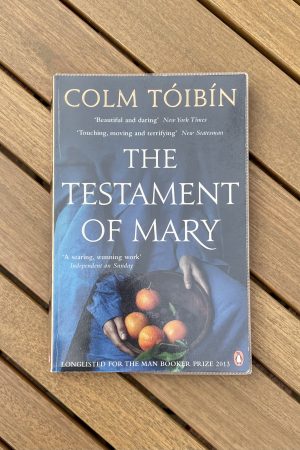
I picked this short 2013 Booker shortlisted novel on a complete whim, based on nothing more than the author and the title. It’s a narrative of the last days of Jesus from the perspective of his mother.
Despite this being a very short book, I had a bit of a variable relationship with it. I very nearly gave up on it about halfway through, finding the narrator unlikable and the writing very much in a single, maudlin key. When I picked it up again, I liked it more, though it still felt as though the “strings” were visible, as if this were an essay for a school project, and I wasn’t really emotionally affected by it. The writing felt much clunkier than I expected. I suspect I’ll barely remember that I’ve read this book a year hence.
However, this is a book which has received glowing reviews elsewhere, from people who know much more about these things than me. Don’t set too much store by my negative review. It’s less than 100 pages, so probably just worth reading and making up your own mind.
With thanks to Newcastle Libraries for lending me a copy.
This post was filed under: What I've Been Reading, Antoine Laurain, Colm Tóibín, Edith Wharton, Geoff Dyer, Gore Vidal, Jenny Offill, Jhumpa Lahiri, JL Carr.
